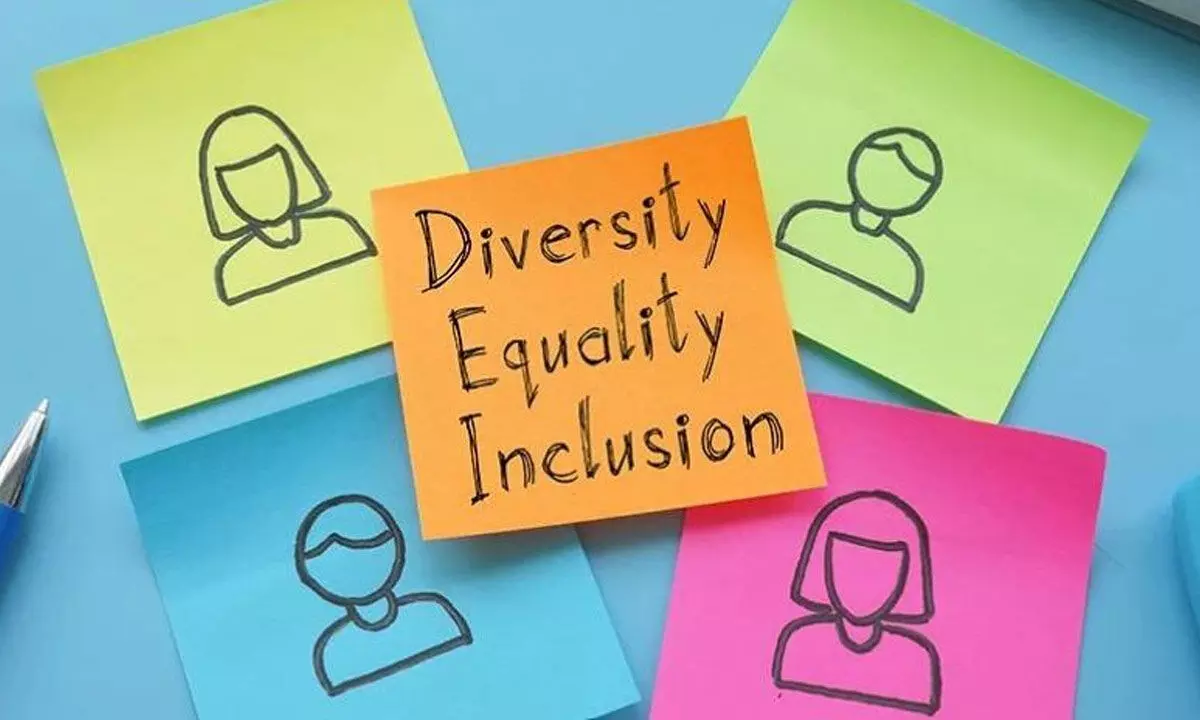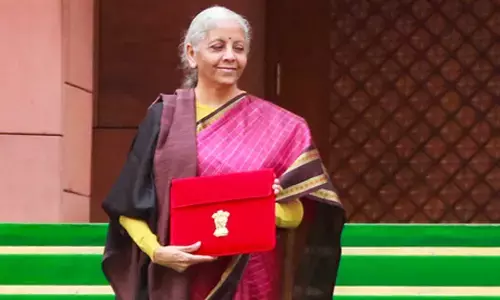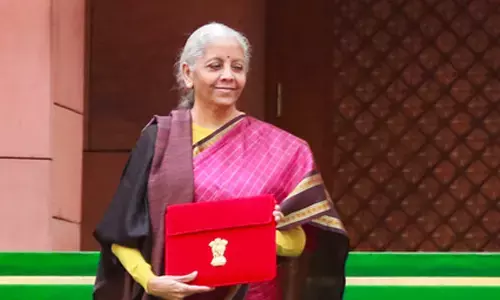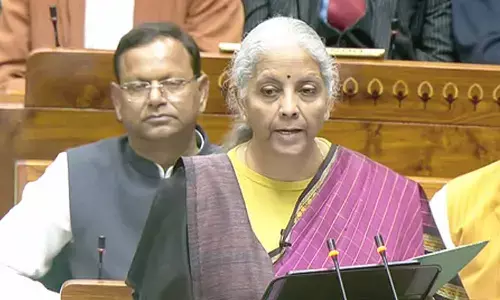Women at Work: Progress and challenges in DEIB initiatives across Indian industries

In a recent study conducted by ManpowerGroup India, the state of Diversity, Equity, Inclusion, and Belonging (DEIB) initiatives across various industries and organizational levels has been unveiled, shedding light on both progress and challenges faced by women in the workforce.
In a recent study conducted by ManpowerGroup India, the state of Diversity, Equity, Inclusion, and Belonging (DEIB) initiatives across various industries and organizational levels has been unveiled, shedding light on both progress and challenges faced by women in the workforce.
The survey, which involved 3,150 Indian employers, has brought forth encouraging trends in promoting gender equity through progressive policies, upskilling opportunities, and flexible work arrangements. Particularly noteworthy is the Information Technology (IT) sector, leading the charge with 58% of employers actively strengthening their diversity ratio. Healthcare and Life Sciences, as well as Financials and Real Estate sectors, closely follow suit, signifying a positive shift towards gender parity in traditionally male-dominated fields.
Sandeep Gulati, Managing Director of ManpowerGroup India and Middle East, emphasized the importance of gender diversity and the increasing participation of women in the workforce. He highlighted the significant strides made by organizations in realigning their hiring strategies to prioritize women across all levels and sectors. Moreover, advancements in technology have enabled greater flexibility, facilitating the re-entry of women who have taken prolonged career breaks. Mr. Gulati expressed confidence in India’s potential for accelerated growth with a more inclusive and diverse labor force.
The study’s key findings underscore the critical role of trust-building within teams, with 58% of respondents affirming its impact on equitable recruitment and retention practices. Additionally, leadership development programs have been instrumental in broadening the candidate pool to include individuals from diverse backgrounds, promoting learnability as a means of advancement for women.
Technological innovation has emerged as a powerful tool in promoting gender equality, with 80% of employers acknowledging its role in fostering flexibility and diversifying talent pipelines. Artificial Intelligence (AI)-based tools have further facilitated unbiased recruitment practices, ensuring the selection of the best candidates irrespective of gender.
Despite these advancements, the study also reveals areas of concern, particularly in achieving pay equity and addressing uneven representation across various roles. While over half of respondents report progress in pay equity initiatives, disparities persist in industries such as Energy and Utilities. Moreover, efforts to expand the number of women candidates vary across role types, with administrative and frontline management positions showing higher representation compared to top-level management and STEM roles.
In light of these findings, there are significant opportunities to empower women in the workplace. Initiatives such as mentorship programs, AI-enabled talent marketplaces, and upskilling opportunities can play a pivotal role in advancing women’s careers and promoting gender diversity. By prioritizing diversity, equity, and inclusion, organizations can foster a more inclusive and equitable work environment, ultimately driving greater innovation and success.
















